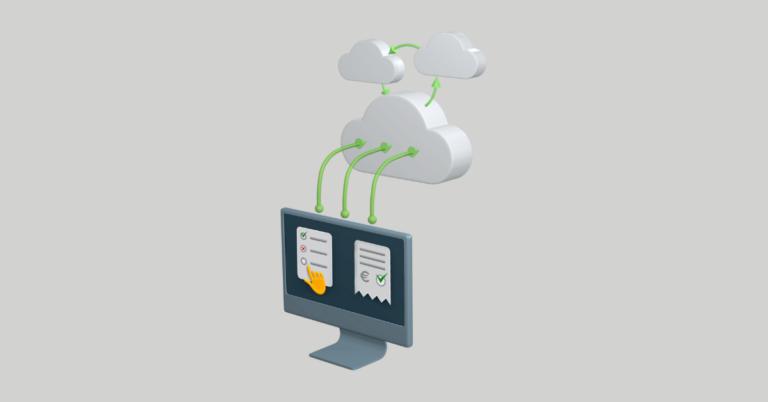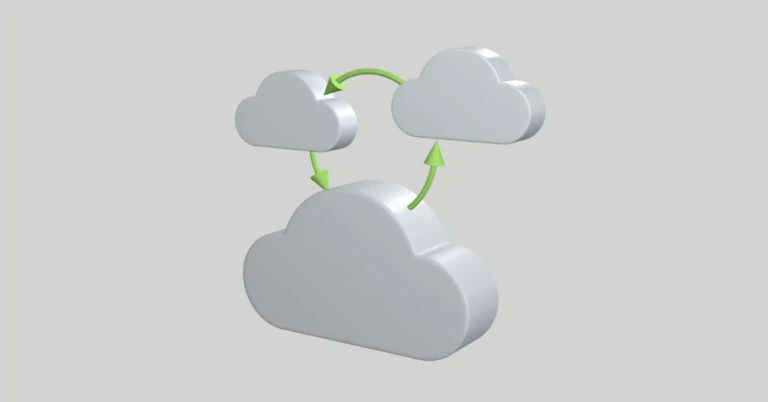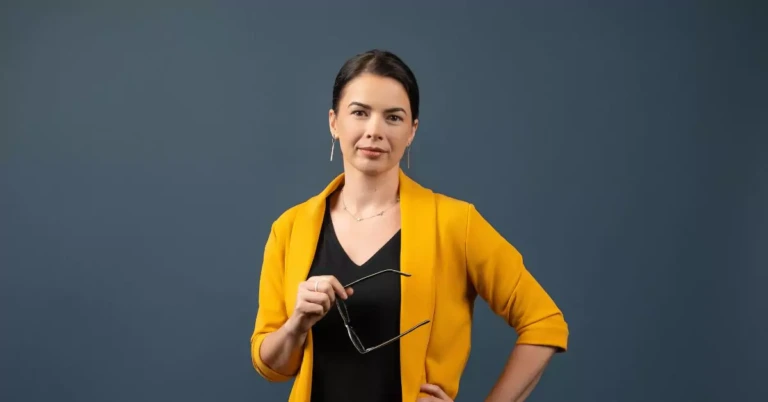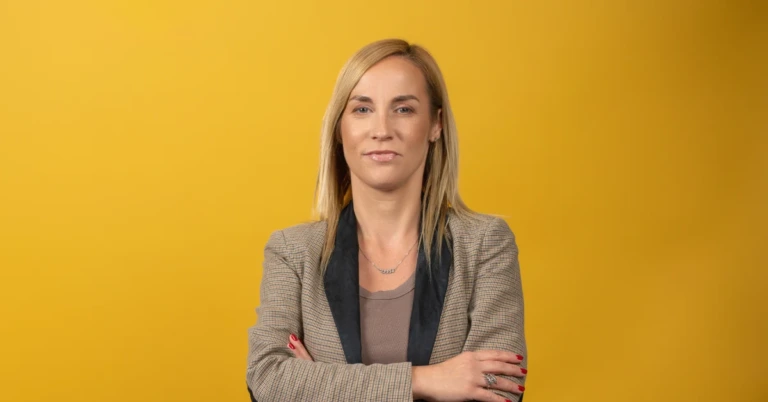
PEPPOL global expansion continues
Ahti Allikas
As many of you know, PEPPOL began life as an EU-funded project to establish standards for electronic public procurement within the EU. In 2012 when the project ended the OpenPEPPOL association started to maintain and develop the deliverables.
As the association has grown, it is today funded by its more than 300 members who continuously work to develop and promote the standards. 2018 was a very important year for the PEPPOL network because in 2018 the support for the European norm for e-invoicing was developed and remains still today the scheme that has proven itself in the field, with both companies and governments in Europe now beginning to use it.
Global expansion
Last spring, Singapore became the first country outside of the EU that set up a PEPPOL Authority and started the country-wide adoption of PEPPOL network standards. Now, it appears that both Australia and New Zealand will join in. With these three countries on board, PEPPOL is now attempting to set foot beyond Europe and has all the potential to create a standard for international invoicing giving global interoperability to companies and governments.
What are the next steps for Australia and New Zealand?
The next order of business is for the countries to form a PEPPOL authority (local governance body) that can sign agreements with local service providers. The PEPPOL authority will need to sell the concept to local service providers as well as determine the exact standards and formats to be used. I hope that Authority agreements in Australia and New Zealand will be signed soon so that we can kick off the real activities also in those countries. Because only with those agreements in place will we be able to tell whether or not there will be slight differences between the European, Australian, and New Zealand standards. I hope that Australia and New Zealand will not differ a lot from what we have in Europe. PEPPOL has lately been strong in its compliance principles and it is important because only this way we can drive common international interoperability and single access to the network.
What is PEPPOL solving?
One may ask why countries are so thrilled about PEPPOL. For me, PEPPOL is the best working interoperability standard that has already been stable for many years and has proven itself viable for both companies and governments.
PEPPOL basically solves three important issues when it comes to the business interoperability of procurement messaging:
- Format – PEPPOL provides “the” standard for all document types exchanged in the PEPPOL Network (called PEPPOL BIS). At the same time, it also supports different message types relevant to certain industry communities or regional areas.
- Addressing – A business partner identification is solved by using different standard identifiers. The identifiers also support global identification. All the identifiers are well-categorized.
- Infrastructure – The infrastructure between service providers is also standardized for example connecting once to a Network and being a certified Access Point in the Network gives you an opportunity to exchange messages with all the Access Points within the Network.
By solving these issues, PEPPOL ensures businesses the technical possibility to exchange data, the ability to find business partners through addressing and directory logic, and ensures that companies speak the same business messaging language (semantics).
PEPPOL of course is not only a set of technical standards. It also has a strong governance model and development path in order to guarantee the sustainability of the Association and its infrastructure.
Standards: One ring to rule them all
With more interest coming from outside the EU, the OpenPEPPOL authority has now initiated a project which will look into international invoicing standards. Currently, there is no international standard and most countries or regions have their own formats. The aim of the project is to look at how invoices look internationally and see how the PEPPOL BIS, which is based on the European Norm, could be extended to become an international standard.
This type of international standard would be especially interesting for multinational companies. Currently, there are multiple formats and standards which makes interoperability difficult, time-consuming, and therefore expensive. With a single standard, we can expect e-invoicing to become even more efficient for companies conducting business internationally.
I am personally very excited about this development and am looking forward to taking part in shaping the future of e-invoicing in a way that allows everyone to benefit from it.

Ahti Allikas has been active in the e-invoicing industry since the year 2000. He currently works as Head of Partners and Networks at OpusCapita, and is responsible for the development of the e-invoicing ecosystem. Ahti is a member of the executive committee of the European E-invoicing Service Providers Association (EESPA), member of management committee of the OpenPeppol Association (PEPPOL) and also member of E-Invoicing expert group in the European Multi-Stakeholder Forum on E-Invoicing (EMSFEI).
On the pulse of interoperability development
OpusCapita actively participates in the international development of network interoperability, and we’re a member in international communities such as PEPPOL, EESPA, CEF and FeRD.










